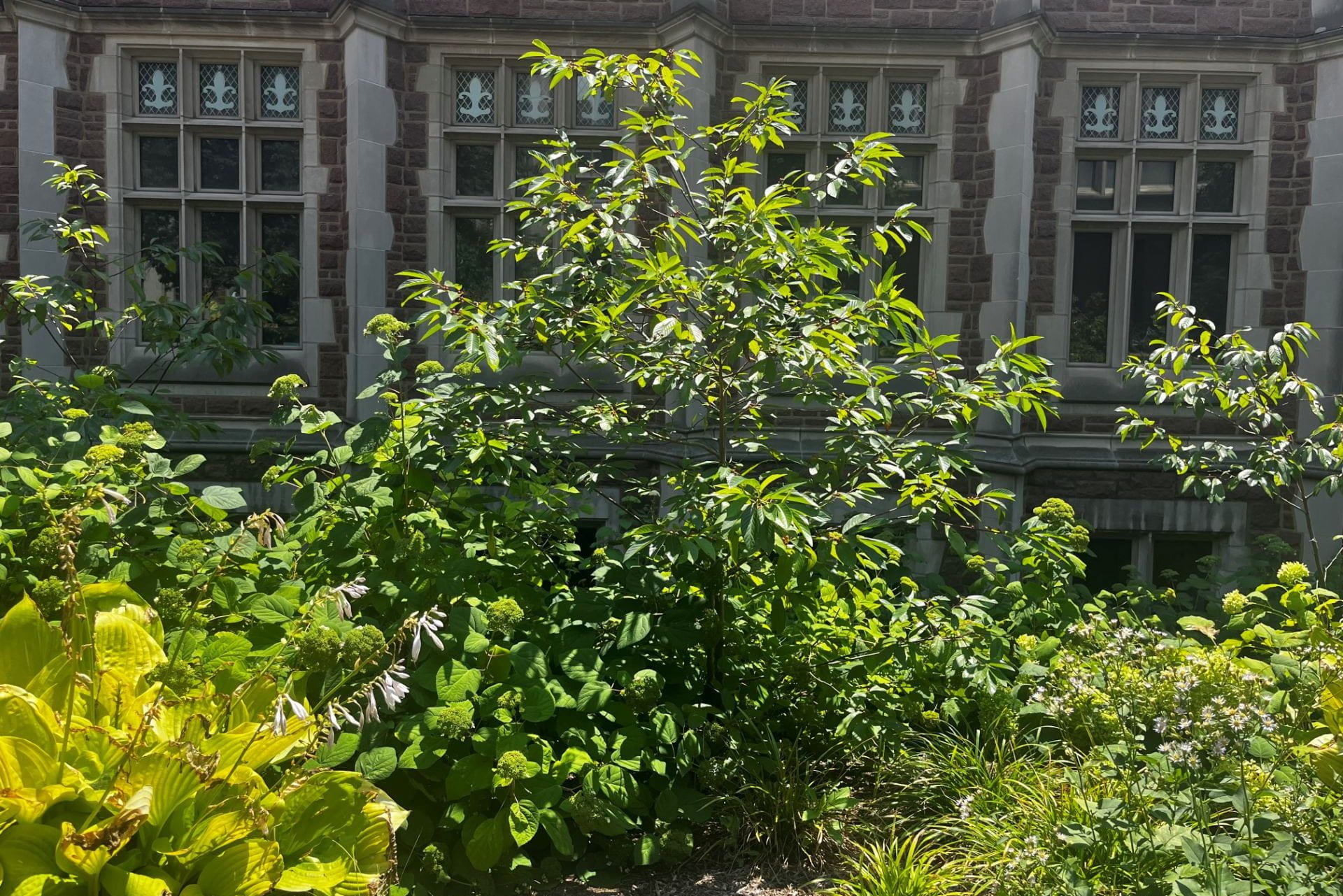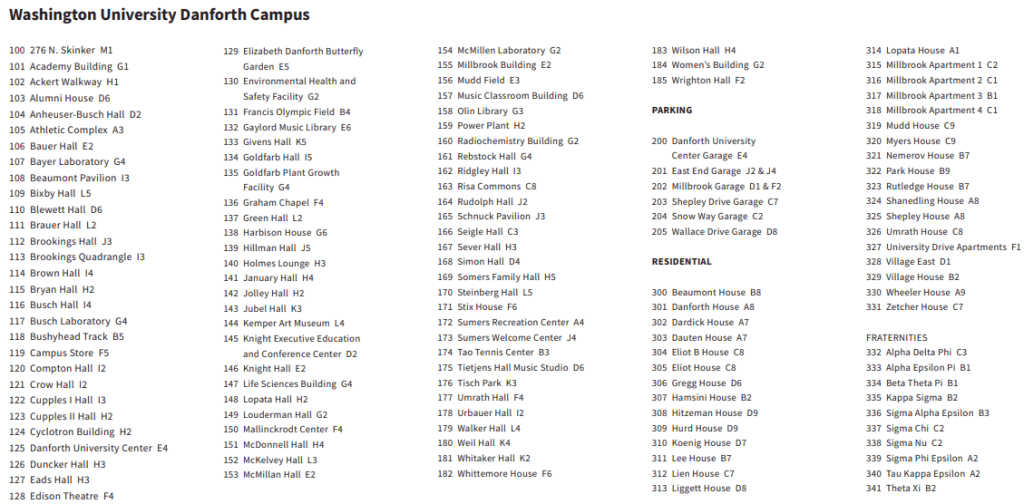Carolina Buckthorn
Arbor Walk #130, TreeKeeper ID #5899

Even though it is called a buckthorn, Carolina Buckthorn has no spines. The shrub is well known for its bright red drupes during the summer. The fruit eventually mature to black and attracts many wildlife species, especially birds.
The Latin name originally was Rhamnus caroliniana but was changed because the species lacks the thorns of the Rhamnus buckthorns and have naked buds. The naked buds makes this a relatively easy tree to identify in the winter because almost all woody plants in Missouri have bud scales. Botanists chose the genus name Frangula from the word frangible because this shrub and others closely related are supposedly easily broken.


GPS Coordinates
N/A
Percent Concrete
N/A
Distance to Buildings
| Year | Close Building #1 | Close Building #2 | Close Building #3 |
|---|---|---|---|
Distance to Other Species
| Year | Close Species #1 | Close Species # 2 | Close Species # 3 |
|---|---|---|---|
Standard Measurements
| Year | Height (m) | DBH (cm) | Crown Diameter N-S (m) | Crown Diameter E-W (m) | Average Crown Diameter (m) |
|---|---|---|---|---|---|
| 2023 | 2.71 | 1.71 | 1.42 | 1.2 | 1.31 |
| 2024 | 3.98 | 4 | 2.3 | 1.9 | 2.1 |
Nests and Pests
| Year | Description |
|---|---|
| 2023 | N/A |
Leaf Identification
The leaves of the Carolina Buckthorn are about 2″ to 6″ long and 1″ to 3″ wide. It has an elliptical shape and dentate or entire margins. The veins are pinnately arranged, but the secondary veins do not typically touch the outer edge– instead they curve upwards. They are glossy green, smooth (glabrous), and the veins (especially on the underside) are prominent. Leaves are arranged alternately on the stem.
Twig and Bud Identification
The twigs of the Carolina Buckthorn are reddish-brown with gray pubescence. The buds are small, brown, and sometimes fuzzy. They are naked, which means they have no bud scales. Some people claim the twigs and buds smell like almonds when broken, but please do not damage our trees.
Bark Identification
Carolina Buckthorn’s bark is mostly smooth with raised lenticels (pores). Older trees sometimes form small fissures. It typically has blotches of darker gray throughout its bark.
Fruit Identification
The fruit of the Carolina Buckthorn is a drupe with a diameter of less than an inch. It starts out as red and matures to black.
Flower Identification
Carolina Buckthorn’s flowers are very small and form in the leaf axils. They have a bell shape and are pale yellow-green.









